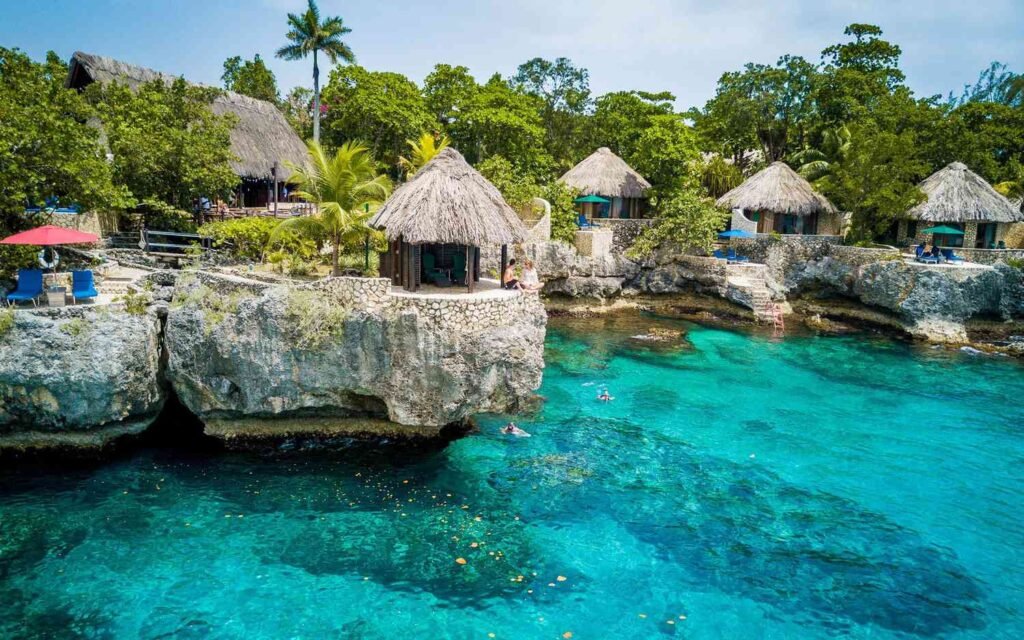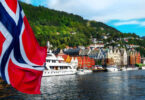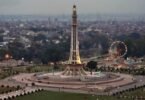Jamaica is widely recognized as a quintessential Caribbean destination, known for its cultural significance, including elements such as ganja, Rastafarianism, Bob Marley, The Harder They Come, and jerk chicken. While it’s important to acknowledge that crime exists in Jamaica, exercising prudence can largely help travelers avoid such incidents. Additionally, being aware of common scams and planning around natural hazards can contribute to a safer experience.

If a straightforward yes-or-no answer is sought regarding Jamaica’s safety as a destination, the answer would be yes, it is considered a safe place to visit. However, it is crucial to take specific steps to ensure personal safety. In the following guide, we will provide you with essential information and recommendations to help make your visit to Jamaica secure and enjoyable.
THE SAFETY NUMBERS
When assessing Jamaica’s safety based on various metrics, here are the key findings:
- GeoSure Global: GeoSure rates different neighborhoods in Kingston, the capital of Jamaica, with scores ranging from 43 to 61 out of 100, indicating varying levels of safety.
- Numbeo: Numbeo’s city rankings, which encompass both tourist and non-touristed destinations, place Kingston at 435th, positioned between Lima, Peru, and St. Louis.
- Global Peace Index: Jamaica is ranked 81st out of 163 countries in the Global Peace Index, highlighting concerns regarding homicide and violent crime rates.
- Global Finance: According to Global Finance’s ratings of safest countries, Jamaica is ranked 110th out of 134 countries. It is positioned below neighboring Caribbean country Trinidad and Tobago but also trails behind countries like Russia and Turkey.
- Berkshire Hathaway Travel Protection: Jamaica has consistently been included in the Safest Places ratings by Berkshire Hathaway Travel Protection. In 2023, Jamaica ranked 29th out of 42 countries, having previously reached as high as 15th out of 35 in 2018.
- U.S. State Department: The U.S. State Department has designated Jamaica as a level-3 (“Reconsider Travel”) country, primarily due to concerns related to crime.
These ratings and assessments highlight the need for travelers to be cautious and take appropriate safety measures while visiting Jamaica, particularly in regard to crime.
WHAT’S UNSAFE ABOUT JAMAICA?
High-crime areas
When it comes to crime, it is important to note that Jamaica has high rates of violent crime and homicides, making it one of the countries with such statistics in the Western Hemisphere.
However, the positive aspect is that these crime rates are predominantly concentrated in specific cities and neighborhoods in Montego Bay and Kingston, which are areas that tourists rarely visit. By avoiding these high-crime areas, tourists can significantly reduce their risk of becoming victims of crime.
It’s worth mentioning that while some adventurous travelers may be drawn to explore Jamaica’s cities, the majority of tourists visit the country for its beautiful beaches, water activities, resorts, and scenic landscapes. For those seeking a more relaxed vacation experience, the information about high-crime areas may be helpful to know but may not be directly relevant to their Jamaican vacation.
Nevertheless, for backpackers and others interested in delving deeper into Jamaica’s cities, it is advisable to exercise caution and pay attention to safe streets and neighborhoods. This way, they can enhance their personal safety while exploring urban areas.
Violent crime
It is crucial to be aware that certain crimes, such as home invasions, armed robberies, and sexual assaults, can occur even during daylight hours in tourist areas and at resorts, according to the U.S. State Department.
Moreover, it is noted that the police in Jamaica may face resource and training limitations, which can affect their ability to respond effectively and appropriately to victims of violent crime. Emergency services in the country may also vary in quality, with response times generally slower than U.S. standards.
In cases of sexual assault, victims should be aware that law enforcement may not swiftly or diligently collect evidence, and the prosecution of rape cases may progress slowly. It is important to note that victims may need to return to Jamaica for trial proceedings. Victims of sexual assault should contact the police and the U.S. Embassy in Kingston as soon as possible for assistance and support.
It is advisable to exercise caution regarding alcohol consumption, as it is often a factor in sexual assaults. Even at resorts, tourists should drink in moderation and closely monitor their drinks at all times.
Additionally, it is important to acknowledge that Jamaica is not particularly LGBTQ-friendly. Same-sex relations are outlawed, and public displays of affection can lead to harassment, assault, blackmail, arbitrary detention, and other challenges. LGBTQ individuals and couples can still visit Jamaica and have an enjoyable experience, but it is crucial to be discreet in public to ensure personal safety.
Drug and scamming
In Jamaica, scams are prevalent, with online romance and financial scams being common. However, the most widespread scam is the lottery scam, where victims are promised a lottery prize after paying certain fees. The U.S. State Department advises individuals targeted by these scams to simply ignore calls and emails from scammers. If targeted by other scams, it is recommended to report the crimes to the local police and contact the U.S. Embassy for assistance.
Regarding drugs, while Jamaica is often associated with marijuana culture, it is important to be aware of the country’s drug laws to avoid legal trouble. Marijuana possession has been decriminalized to an extent, and individuals found with small amounts may face only a fine. However, possessing larger quantities of marijuana or attempting to leave the country with it can lead to arrest and prosecution. It is also worth noting that possession of other drugs can result in similar legal consequences. It is advisable to familiarize oneself with the local laws and regulations concerning drugs to ensure compliance and avoid legal issues.
Guidelines for tourists
According to the U.S. State Department, the tourism industry in Jamaica is unevenly regulated, which can result in certain issues:
- Hazardous areas, such as unsafe beaches, may not be clearly identified.
- Activities that could be unsafe, such as jumping off cliffs into shallow water, may not be prohibited or adequately warned against.
- Staff members at tourist establishments may not always receive sufficient training.
- Equipment used for water activities, such as boats or jet skis, may not undergo regular inspections.
- Access to appropriate medical treatment may be limited to major cities.
In response to these concerns, many resorts have taken steps to address these issues internally. By confining your swimming activities to resort pools and lifeguarded beaches, you can generally ensure a safer experience. However, it is important to be aware that inconsistencies may arise during your time in the country.
Travelers should exercise caution, follow safety guidelines provided by resorts, and be prepared for potential variations or limitations in safety measures throughout their stay in Jamaica.
What you should do if you intend to visit Jamaica
While the aforementioned issues in Jamaica may seem concerning, it is important to highlight that the majority of travelers will not experience or be directly affected by most of these issues. Nonetheless, maintaining a vigilant mindset is always advisable. Additionally, the following measures can contribute to a safer and more enjoyable experience:
- Choose your destination carefully: Research and select your destination in Jamaica based on safety considerations and recommendations.
- Stick close to the resort: Stay within the confines of your resort, especially if it offers a safe and well-monitored environment.
- Drink in moderation: Consume alcohol responsibly and in moderation to maintain awareness and reduce vulnerability.
- Keep a low profile: Avoid drawing unnecessary attention to yourself and be mindful of your surroundings.
- Protect your money and valuables: Take precautions to secure your money, passport, and other valuables. Utilize hotel safes and be cautious of pickpocketing or theft.
- Be water-smart: Exercise caution when participating in water activities and adhere to safety guidelines provided by lifeguards or tour operators.
- Buy travel insurance with emergency medical protection: It is highly recommended to purchase travel insurance that includes coverage for emergency medical expenses to ensure peace of mind during your trip.
By implementing these practices, travelers can enhance their personal safety and reduce potential risks while enjoying their time in Jamaica.






